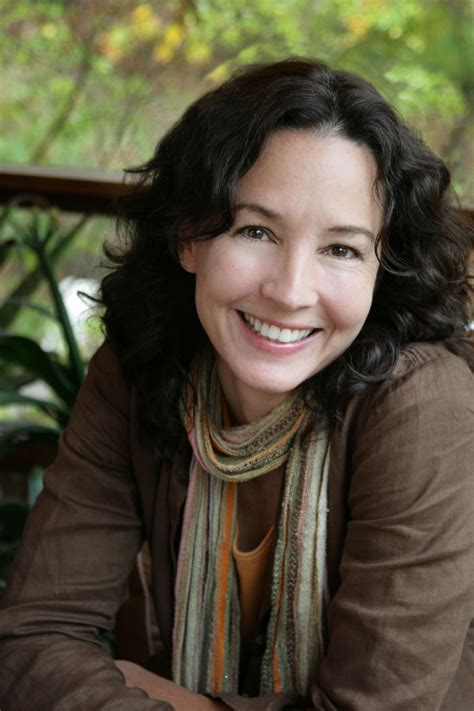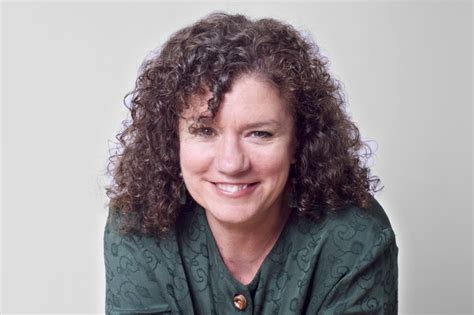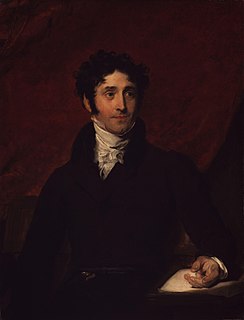A Quote by Pat Conroy
The most powerful words in English are 'Tell me a story,' words that are intimately related to the complexity of history, the origins of language, the continuity of the species, the taproot of our humanity, our singularity, and art itself. I was born into the century in which novels lost their stories, poems their rhymes, paintings their form, and music its beauty, but that does not mean I had to like that trend or go along with it. I fight against these movements with every book I write.
Quote Topics
Against
Along
Art
Beauty
Book
Born
Century
Complexity
Continuity
Does
English
Every
Fight
Form
Go
Had
History
Humanity
Itself
Language
Like
Lost
Me
Mean
Most
Most Powerful
Movements
Music
Novels
Origins
Our
Paintings
Poems
Powerful
Powerful Words
Related
Rhymes
Singularity
Species
Stories
Story
Tell
Trend
Which
Words
Write
Related Quotes
In the most basic way, writers are defined not by the stories they tell, or their politics, or their gender, or their race, but by the words they use. Writing begins with language, and it is in that initial choosing, as one sifts through the wayward lushness of our wonderful mongrel English, that choice of vocabulary and grammar and tone, the selection on the palette, that determines who's sitting at that desk. Language creates the writer's attitude toward the particular story he's decided to tell.
Ugly programs are like ugly suspension bridges: they're much more liable to collapse than pretty ones, because the way humans (especially engineer-humans) perceive beauty is intimately related to our ability to process and understand complexity. A language that makes it hard to write elegant code makes it hard to write good code.
To write or even speak English is not a science but an art. There are no reliable words. Whoever writes English is involved in a struggle that never lets up even for a sentence. He is struggling against vagueness, against obscurity, against the lure of the decorative adjective, against the encroachment of Latin and Greek, and, above all, against the worn-out phrases and dead metaphors with which the language is cluttered up.
There are books full of great writing that don't have very good stories. Read sometimes for the story... don't be like the book-snobs who won't do that. Read sometimes for the words--the language. Don't be like the play-it-safers who won't do that. But when you find a book that has both a good story and good words, treasure that book.
When we can't hold back, or set boundaries, on what comes from our lips, our words are in charge-not us. But we are still responsible for those words. Our words do not come from somewhere outside of us, as if we were a ventriloquist's dummy. They are the product of our hearts. Our saying, "I didn't mean that," is probably better translated, "I didn't want you to know I thought that about you." We need to take responsibility for our words. "But I tell you that men will have to give account on the day of judgment for every careless word they have spoken" (Matt. 12:36).
Humanity's legacy of stories and storytelling is the most precious we have. All wisdom is in our stories and songs. A story is how we construct our experiences. At the very simplest, it can be: 'He/she was born, lived, died.' Probably that is the template of our stories - a beginning, middle, and end. This structure is in our minds.
All we are, all we can be, are the stories we tell," he says, and he is talking as if he is talking only to me. "Long after we are gone, our words will be all that is left, and who is to say what really happened or even what reality is? Our stories, our fiction, our words will be as close to truth as can be. And no one can take that away from you.
Storytelling is how history is passed. It's what our ancestors did, it's what everybody's done. It has to come back into a story because otherwise, it's stuck in this book and it's boring and it's academic and I'm not against intelligence and I'm not against education, I don't want to be misunderstood, but we have tell the stories to our young people a little bit early and history gives us a lot of things.
The being level speaks the language of art, music, color shape and pattern directly -- a language that requires no words -- is not limited by words -- nor does it have the specificity of words and thus cannot be broken onto parts that can be manipulated or analyzed by the intellect. It must be swallowed, whole not parsed, sorted and justified.



































